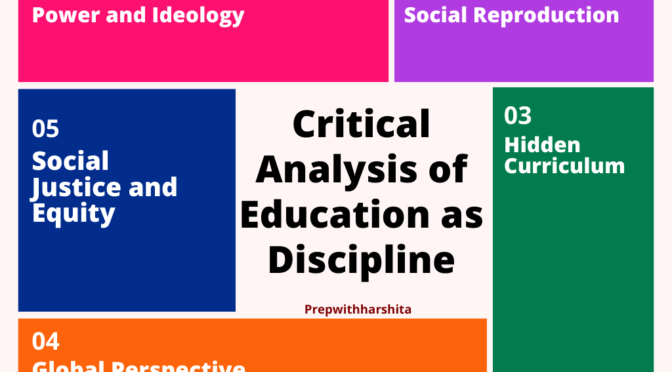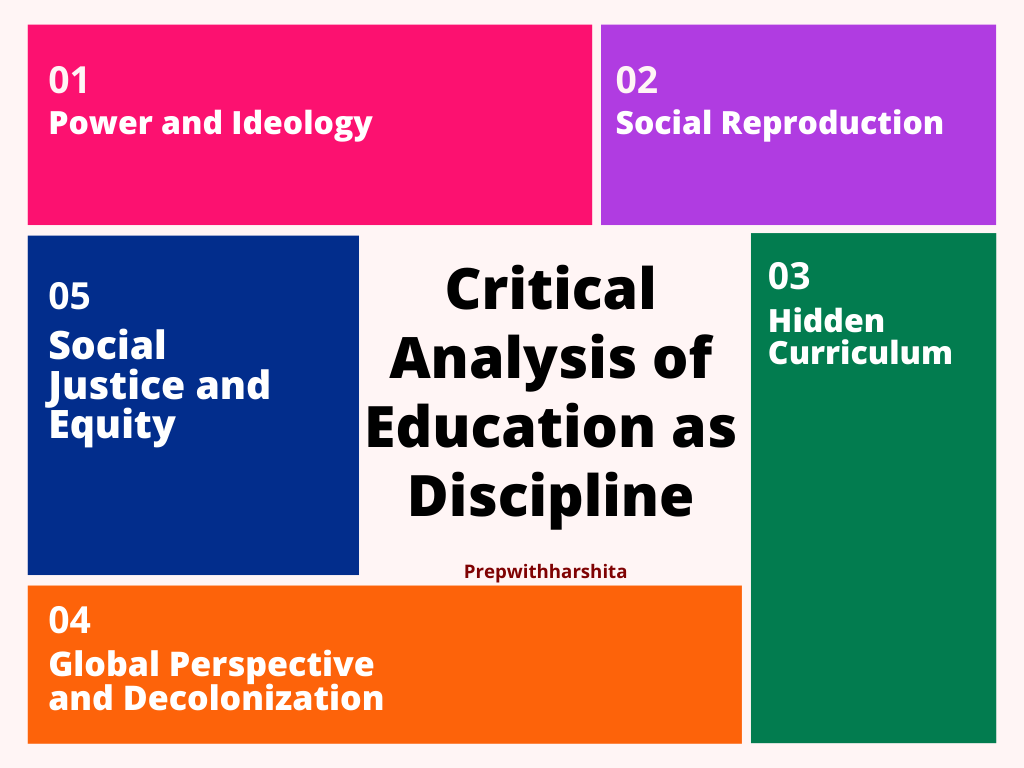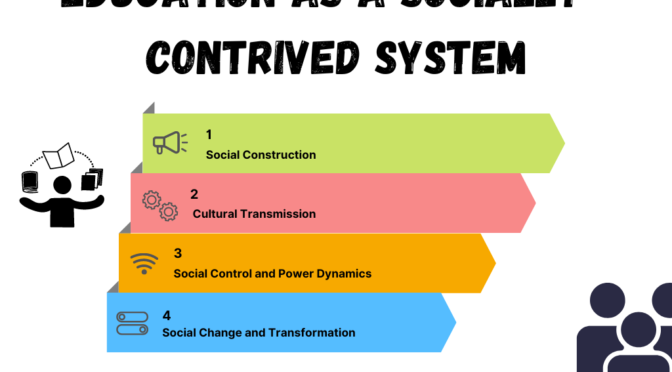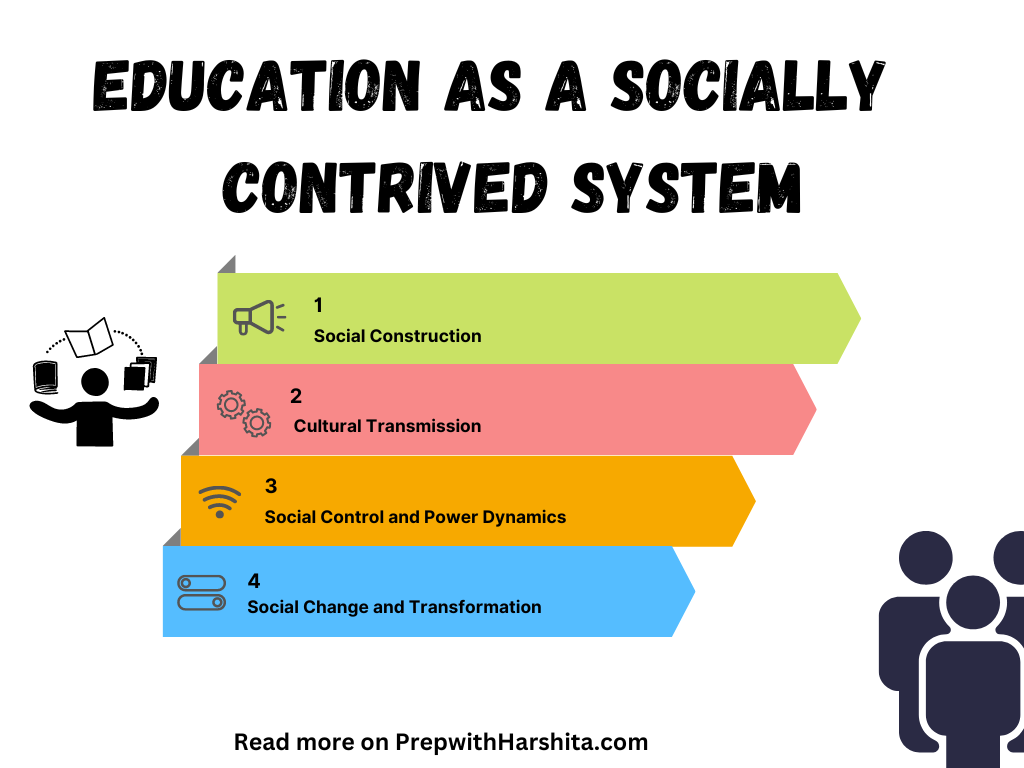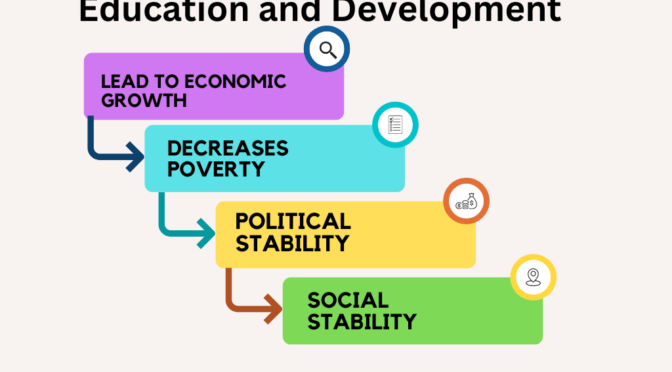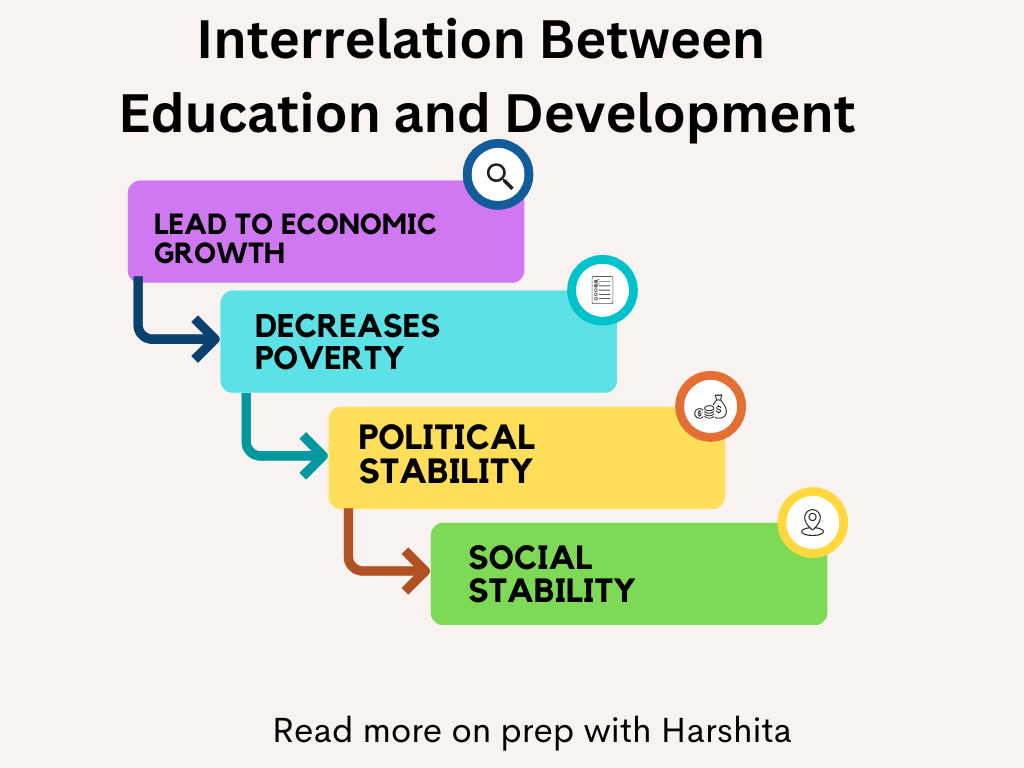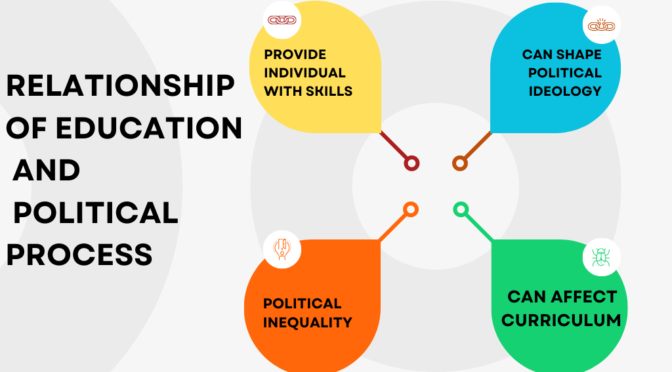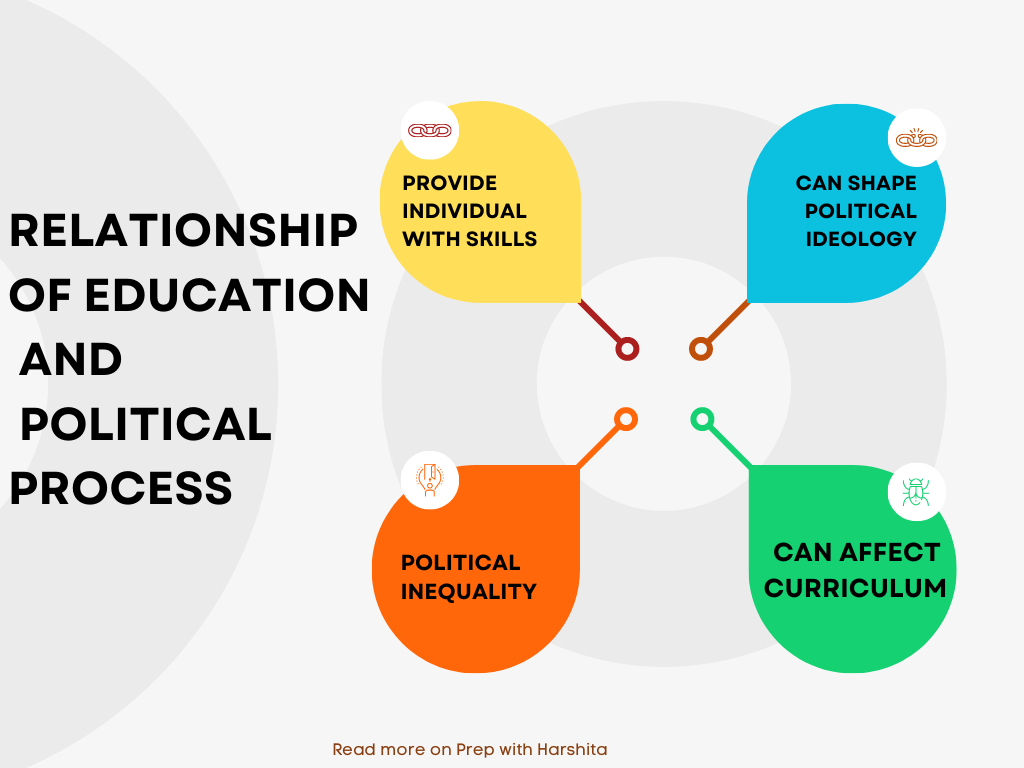The interdisciplinary nature of education recognizes that knowledge and understanding are not confined to distinct disciplinary boundaries, but rather interconnected and best comprehended through multiple perspectives and approaches.
Here is a detailed exploration of the interdisciplinary nature of education:
- Integration of Knowledge: Interdisciplinary education involves integrating knowledge from various disciplines to provide a comprehensive understanding of complex phenomena. It acknowledges that real-world problems and issues often require insights and approaches from multiple disciplines to be effectively addressed. For example, understanding climate change necessitates knowledge from fields such as environmental science, sociology, economics, and political science.
- Holistic Understanding: Interdisciplinary education promotes a holistic understanding of the subject matter by considering different perspectives, theories, and methodologies. It recognizes that complex phenomena cannot be fully understood within the confines of a single discipline and that different disciplinary lenses offer complementary insights. This approach enhances critical thinking, problem-solving, and creativity by encouraging students to draw connections across disciplines.
- Transferable Skills: Interdisciplinary education emphasizes the development of transferable skills that are applicable across various domains. By engaging with different disciplines, students cultivate skills such as critical thinking, communication, collaboration, and adaptability. These skills enable them to navigate diverse contexts, tackle multidimensional challenges, and be better prepared for the complexities of the modern world.
- Real-World Relevance: Interdisciplinary education seeks to bridge the gap between academic knowledge and real-world application. By integrating disciplines, it aims to provide students with practical and relevant knowledge that can be applied to address complex problems. For instance, interdisciplinary approaches in healthcare education may involve integrating medical knowledge with social sciences, ethics, and communication skills to provide holistic patient care.
- Innovation and Creativity: Interdisciplinary education nurtures innovation and creativity by encouraging students to explore unconventional connections and perspectives. When exposed to diverse disciplines, students are more likely to think creatively, identify novel solutions, and generate innovative ideas. The cross-pollination of ideas from different fields can inspire breakthroughs and contribute to the advancement of knowledge.
- Collaboration and Communication: Interdisciplinary education fosters collaboration and effective communication skills. Working across disciplines requires students to engage in collaborative projects, communicate their ideas to diverse audiences, and appreciate different disciplinary languages and methodologies. These skills are vital in a world where interdisciplinary teams and collaborations are increasingly common.
- Addressing Complex Challenges: Many of the pressing challenges we face today, such as climate change, poverty, and public health crises, are multifaceted and require interdisciplinary approaches. Education that bridges disciplinary boundaries equips students with the knowledge and skills to understand and address these complex challenges more effectively. By examining problems from multiple angles, students can develop comprehensive and sustainable solutions.
- Lifelong Learning: Interdisciplinary education cultivates a mindset of lifelong learning and intellectual curiosity. It encourages students to continue exploring and integrating knowledge from different disciplines beyond their formal education. This prepares them to adapt to rapidly changing environments, engage in ongoing self-directed learning, and embrace the interdisciplinary nature of knowledge in their personal and professional lives.
The interdisciplinary nature of education establishes connections between various disciplines, including philosophy, psychology, sociology, management, economics, anthropology, and more.
Here’s a detailed exploration of the relationship between interdisciplinary education and these specific disciplines:
- Philosophy: Philosophy provides a foundation for interdisciplinary education by encouraging critical thinking, reflection, and the exploration of fundamental questions. It helps students develop a deeper understanding of knowledge, ethics, and epistemology, which are relevant across disciplines. Interdisciplinary education often draws on philosophical concepts and methodologies to analyze complex issues and foster a broader perspective.
- Psychology: Psychology contributes to interdisciplinary education by offering insights into human behavior, cognition, and learning processes. Understanding psychological principles helps educators tailor instructional strategies, consider individual differences, and promote effective teaching and learning environments. Interdisciplinary approaches also leverage psychological research to examine social, emotional, and cognitive aspects of various disciplines.
- Sociology: Sociology plays a crucial role in interdisciplinary education as it explores social structures, institutions, and processes. It provides a lens to understand how societies function, how individuals are influenced by social factors, and how power dynamics shape relationships. Interdisciplinary education may incorporate sociological perspectives to examine social issues, inequalities, cultural norms, and the impact of social change on different disciplines.
- Management: Management principles and practices are relevant to interdisciplinary education, particularly in relation to collaboration, decision-making, and leadership. Interdisciplinary projects often require effective management of resources, coordination of team members from diverse backgrounds, and the ability to navigate complex organizational structures. Management concepts contribute to interdisciplinary education by fostering skills in project management, negotiation, and strategic planning.
- Economics: Economics offers insights into resource allocation, incentives, and decision-making at individual, organizational, and societal levels. Understanding economic principles is valuable in interdisciplinary education when considering policy issues, sustainability, and the impact of economic forces on various disciplines. Economic analysis can inform interdisciplinary approaches by examining the costs, benefits, and trade-offs associated with different solutions.
- Anthropology: Anthropology provides a rich understanding of human societies, cultures, and their historical development. It examines social structures, beliefs, and practices across different communities. Interdisciplinary education benefits from anthropological perspectives by fostering cultural competence, promoting understanding of diverse perspectives, and exploring the social and cultural context of different disciplines.
These disciplines, along with others, contribute unique perspectives and methodologies to interdisciplinary education. They enrich the learning experience by providing theoretical frameworks, research methods, and analytical tools that help students make connections across different fields of study.
Interdisciplinary education acknowledges that complex issues often require multiple disciplinary lenses to fully comprehend and address them, fostering a holistic and integrated understanding of the world.
Also Read: School Education Contemporary Challenges
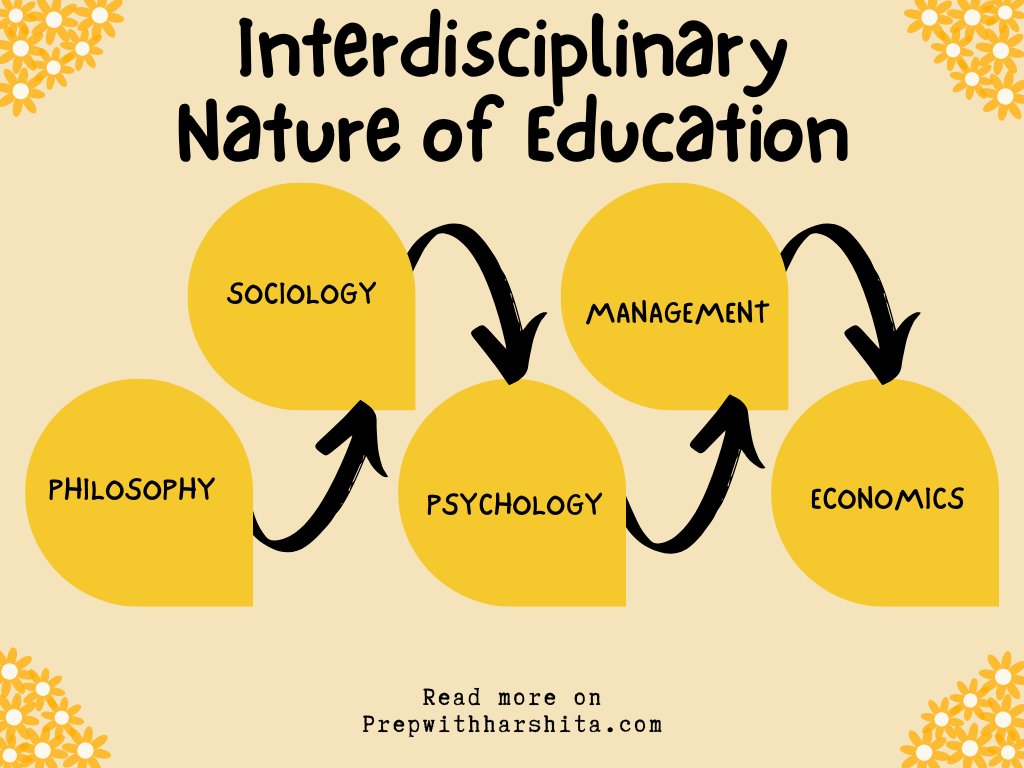
Also Visit: Prep with Harshita


